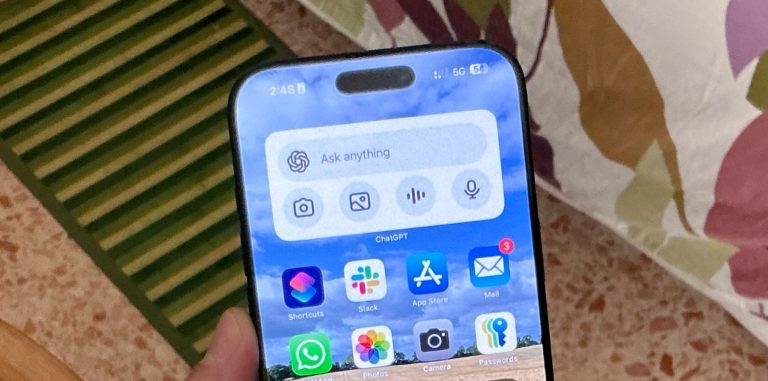Developer Offer
Try ImaginePro API with 50 Free Credits
Build and ship AI-powered visuals with Midjourney, Flux, and more — free credits refresh every month.
Stop Being Polite To ChatGPT For Better Results

It might sound counterintuitive, but your politeness could be holding you back. While adding "please" and "thank you" to your AI prompts seems harmless, it actually has surprising downsides. Not only does it increase the computational load, costing companies more and consuming more energy, but it can also lead to weaker, less accurate answers from models like ChatGPT.
While you don't need to worry about a sci-fi robot uprising just yet, as today's AI models don't have feelings, there is a very practical reason to be more direct. The way you phrase your questions significantly impacts the quality of the response.
Why Words Like 'Can' and 'Could' Weaken Your Prompts
The most significant mistake users make is adding uncertainty to their prompts. According to a report highlighted by Tom's Guide, the words "Can" and "Could" are particularly problematic.
Because language models like ChatGPT are quite literal, they interpret these modal verbs as questions about their capability rather than a direct instruction. This introduces a layer of doubt that can be reflected in the answer.
For example, consider the difference between these two prompts:
- Weak Prompt: "Can you list the current trends for the book market in 2025?"
- Strong Prompt: "List the current trends for the book market in 2025."
The second prompt is a command. It's clear, confident, and direct, which helps the AI provide a more focused and accurate response. The first prompt asks about ability, which can lead to a more hesitant or generalized answer.
Beyond 'Can' and 'Could': More Words to Avoid

To get the best possible results, it's wise to remove other forms of conversational fluff and uncertainty. Here is a helpful guide to crafting more powerful prompts:
-
Be Decisive: Avoid phrases that suggest uncertainty, such as "maybe," "it's possible that," or "in some cases." These dilute the impact of your request if you're looking for a straight answer.
-
Be Concise: Cut out filler words that don't add value to your core message. Words like "just," "really," "actually," "basically," and "kind of" are unnecessary for the AI.
-
Be Precise: Vague qualifiers lead to vague answers. Instead of using words like "a lot," "many," "recently," or "often," provide specific context or numbers whenever possible.
-
Be Assertive: Drop apologetic language like "I'm sorry, but" or "I may be wrong, but." These phrases can signal a lack of confidence, which might cause the AI to generate a less confident response.
By adopting these communication habits, your interactions with ChatGPT will become far more effective. You'll get better, faster answers by giving the AI clear and direct instructions. And don't worry—you don't even have to say thank you.
Compare Plans & Pricing
Find the plan that matches your workload and unlock full access to ImaginePro.
| Plan | Price | Highlights |
|---|---|---|
| Standard | $8 / month |
|
| Premium | $20 / month |
|
Need custom terms? Talk to us to tailor credits, rate limits, or deployment options.
View All Pricing Details

